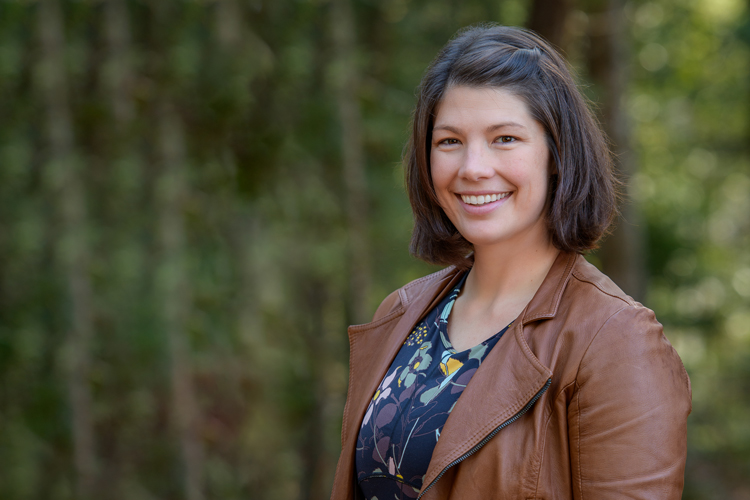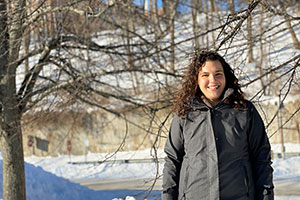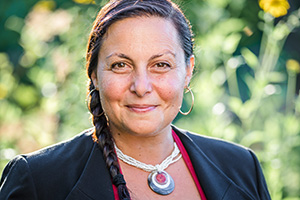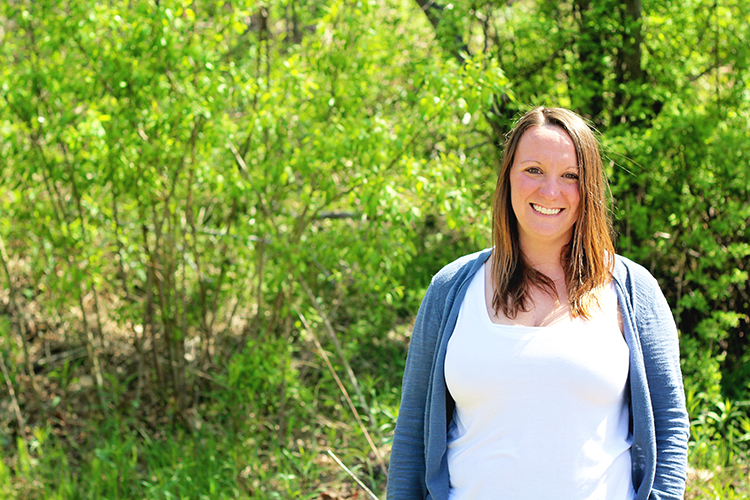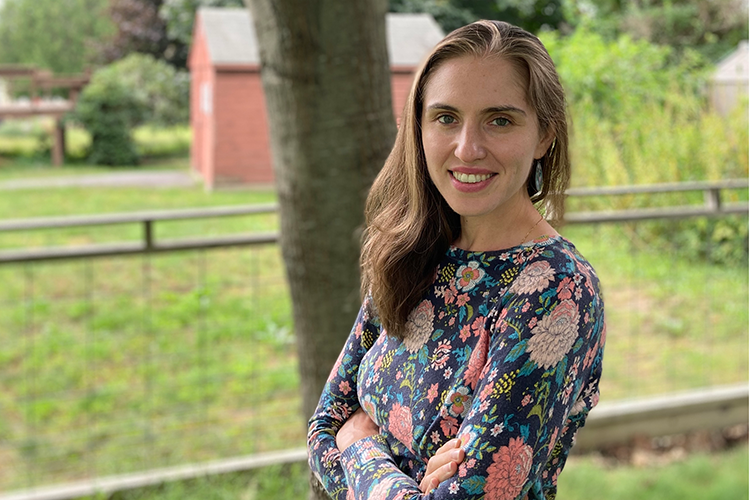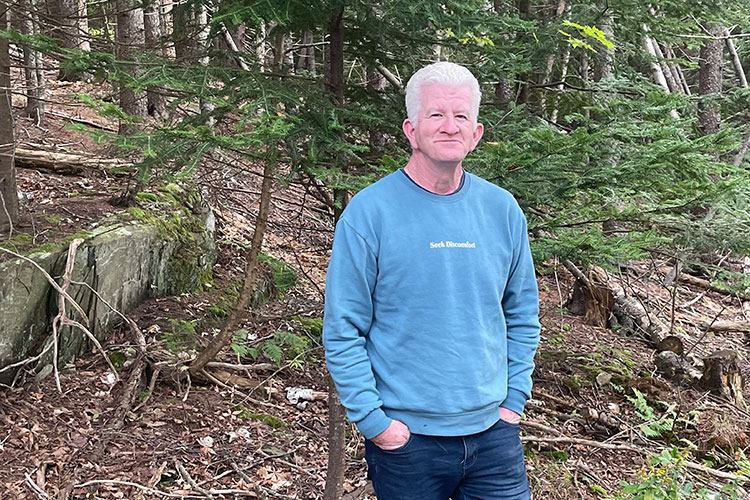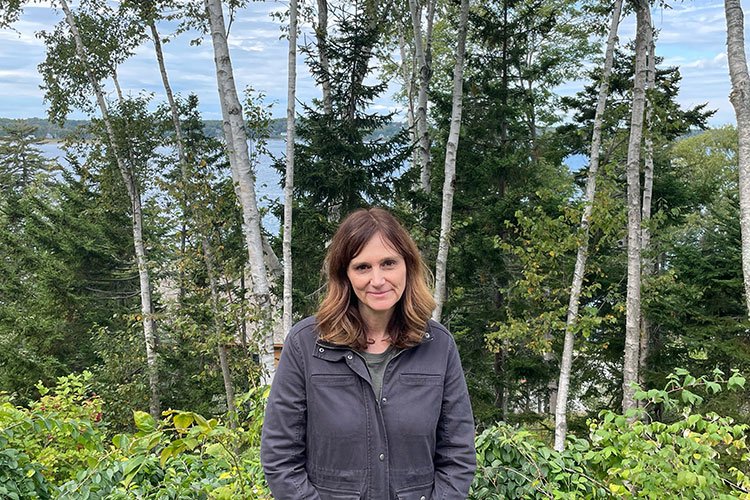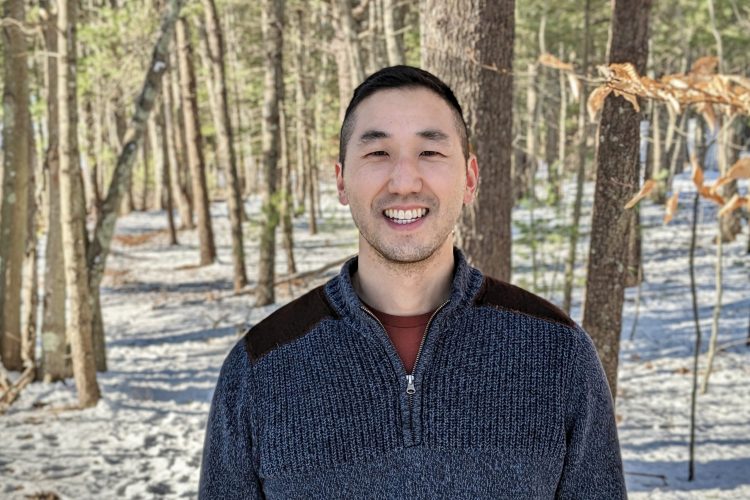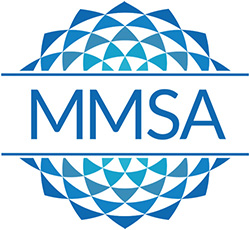
Project Updates
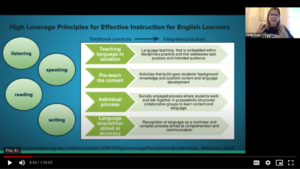 Currently, the PeBLES2 project is working with a dynamic group of educators from across the country to pilot our 4th-grade unit, “How and why do rocks, dirt and sand break apart, move and stop? Should we do something?”. The group meets weekly in professional learning sessions led by MMSA STEM Education specialist, Len Kenyon, to reflect on their experience.
Currently, the PeBLES2 project is working with a dynamic group of educators from across the country to pilot our 4th-grade unit, “How and why do rocks, dirt and sand break apart, move and stop? Should we do something?”. The group meets weekly in professional learning sessions led by MMSA STEM Education specialist, Len Kenyon, to reflect on their experience.
At a recent meeting, Cindy Soule, a design team teacher for the PeBLES project as well as an educator in the Portland Public Schools system, joined the group to share her expertise in helping students “earn” their science vocab. Elevating the voice of educators is a highlight for this project team!
I tell my kids, we’re not looking for an ending, we’re just exploring. The kids aren’t thinking about when this is over, they are just thinking about what is next.” I love, love, love this!!
Gloria Carrillo, PeBLES2 Pilot Teacher
The Current Classroom Reality:
Science class, much like science itself, is constantly evolving to address new information. Gone are the days (we hope!) of reading a passage and answering questions. On any given day, a teacher from Oklahoma, Maine, or Washington might be studying the topic of weathering and erosion with a discussion of the Grand Canyon and then a table top activity with students modeling the formation. A common lesson, easily found on open-source platforms, that invites teachers who might be hesitant to teach science concepts to an easy entry point. It is fun, a little messy, and clearly shows the power of water.
The Persistent Problem:
While watching water wash away sand is good fun, and often offers meaningful sensemaking opportunities, there exists a quiet but persistent problem in many classrooms. In this example, perhaps, it is quite likely that none of the rural or urban students have ever seen the Grand Canyon. While we don’t need to see the Grand Canyon to understand erosion, teachers know that there is great power in their elementary students, seeing the impact under their own feet. But where is a classroom teacher supposed to begin to find local examples of phenomena? How will they know if their ideas have merit? Can they still be rigorous? Is water washing away the ditch at the edge of our playground the same as the Grand Canyon?
The Solution:
PeBLES2 – a project of MMSA and BSCS – proposes to design and investigate locally adaptable three-dimensional instructional materials and associated professional learning for elementary science (grades 3-5 physical science, earth and space science, life science, and engineering) to support elementary educators in incorporating locally or culturally relevant place-based phenomena into their teaching. We will work with teachers, scientists, and researchers to co-design locally adaptable units of instruction and the professional learning to dig deeply into the sense ideas and localization process. Teachers will be able to confidently “choose-their-own adventure”, making small or big tweaks to base units to root the big science concepts into their “place”.
Project Partner


Project Funder
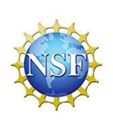
This project is funded by the National Science Foundation, grant #2009613. Any opinions, findings and conclusions or recommendations expressed in these materials are those of the author(s) and do not necessarily reflect the views of the National Science Foundation
Project Staff
Contact Us | Programs | Professional Learning | Privacy Policy
Copyright © 1992 — 2020 Maine Mathematics and Science Alliance • All rights reserved
207.626.3230
219 Capitol Street, Suite 3 Augusta, Maine 04330


